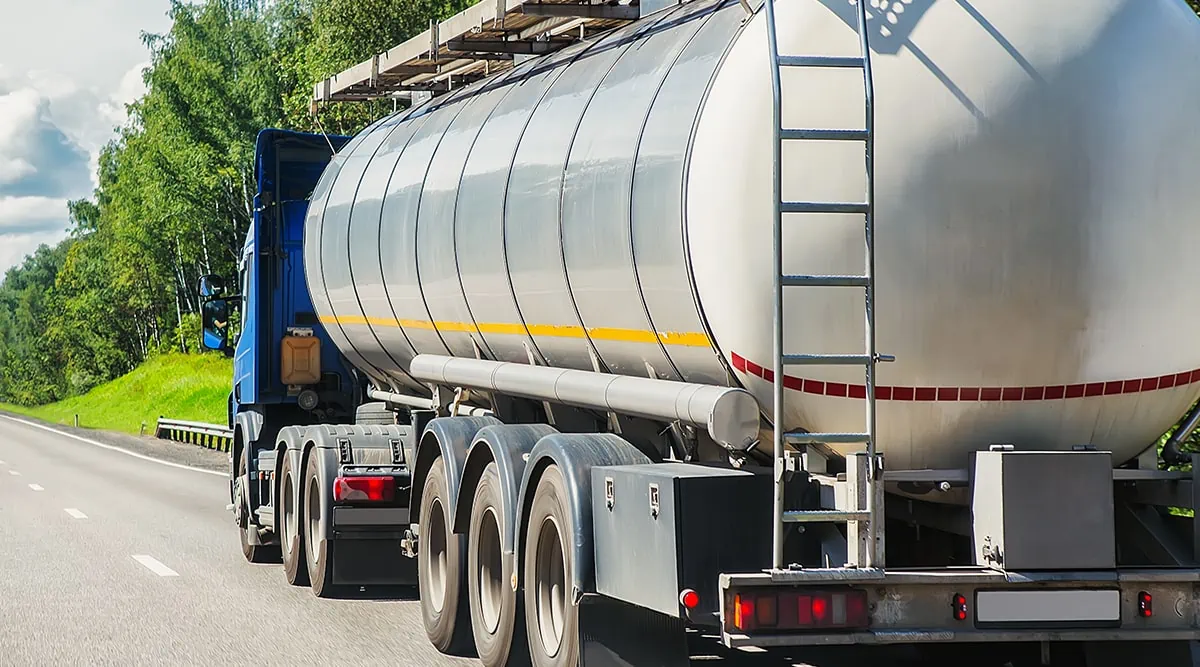Some Ideas on Reclaim Waste You Should Know
Some Ideas on Reclaim Waste You Should Know
Blog Article
More About Reclaim Waste
Table of ContentsSome Known Facts About Reclaim Waste.Reclaim Waste Fundamentals ExplainedNot known Incorrect Statements About Reclaim Waste Get This Report on Reclaim WasteThe Main Principles Of Reclaim Waste
Discover the types, occurrences, and types of fluid waste. Domestic sewer waste refers to the waste and products from a property septic system. This type of waste is produced by humans in homes, institutions, and other buildings. This only consists of septic storage tanks that have a drainpipe field. The proper administration and disposal of residential sewage waste require liquid waste to be moved to a sewer therapy plant where the correct approaches and tools are related to purify and dispose of waste.
Commercial waste commonly consists of potential threats, such as combustible materials or a combination of liquid and strong waste items, and requires an advanced and comprehensive disposal process. The disposal of business waste commonly involves the filtration of waste prior to transport to ensure safe and correct disposal. Industrial waste is produced from by-products and overflow of commercial procedures and production.
This kind of waste can not use the exact same sewage management transportation or procedures as septic or industrial fluids. The hazardous waste monitoring process calls for the assessment and testing of liquid waste before it undergoes the disposal process (liquid waste disposal melbourne). Runoff waste is the fluid waste that originates from overflow and excess stormwater in highly populated areas or cities
Runoff waste can create contamination and flooding if not taken care of properly. Making sure appropriate waste administration can prevent disasters and lower ecological injury.
Getting The Reclaim Waste To Work
Call PROS Services today to learn concerning our waste administration and disposal services and the correct ways to care for the fluid waste you create.
(https://filesharingtalk.com/members/604691-reclaimwaste1)This so-called 'wastewater' is not only an important source however, after therapy, will certainly be launched to our land, rivers or the sea. Utilized water from toilets, showers, baths, cooking area sinks, laundries and industrial processes is understood as wastewater.

water utilized to cool down equipment or tidy plant and equipment). Stormwater, a kind of wastewater, is overflow that moves from farming and metropolitan areas such as roofings, parks, yards, roadways, paths and seamless gutters right into stormwater drains pipes, after rainfall. Stormwater flows untreated directly to neighborhood creeks or rivers, eventually getting to the ocean.
The 4-Minute Rule for Reclaim Waste
In Queensland, many wastewater is treated at sewage treatment plants. Wastewater is delivered from residential or industrial sites through a system of sewage systems and pump stations, referred to as sewage reticulation, to a sewer treatment plant. Neighborhood governments construct, maintain and run most sewer therapy plants. Operators are certified under the Environmental Defense Act 1994 to release treated wastewater at an appropriate ecological standard right into waterways.
The Department of Natural Resources encourages city governments concerning managing, operating and preserving sewage systems and therapy plants. In unsewered areas, city governments may need homeowners to install specific or house sewage therapy systems to treat residential wastewater from toilets, kitchen areas, shower rooms and laundries. The Department of Natural Resources authorises using household systems when they are shown to be efficient.
In some new neighborhoods, therapy of some stormwater to eliminate trash, sand and gravel has actually begun using gross pollutant traps. Wastewater treatment occurs in four stages: Eliminates solid matter.
Utilizes little living organisms recognizes as micro-organisms to break down and eliminate continuing to be dissolved wastes and great fragments. Micro-organisms and wastes are incorporated in the sludge.
What Does Reclaim Waste Do?
Nutrient removal is not available at all sewage therapy plants due to the fact that it calls for pricey specialized devices. Clear liquid effluent created after treatment may still contain disease-causing micro-organisms - liquid waste removal melbourne.

The majority of wastewater streams right into the sewage system. Under the Act, neighborhood governments carry out authorizations and permits for environmentally pertinent activities (Periods) including wastewater releases that may have a regional impact.
Some Ideas on Reclaim Waste You Need To Know
Tracking supplies valid details about water high quality and can validate that permit conditions are being met. The info acquired with monitoring gives the basis for making water top quality choices.
Report this page